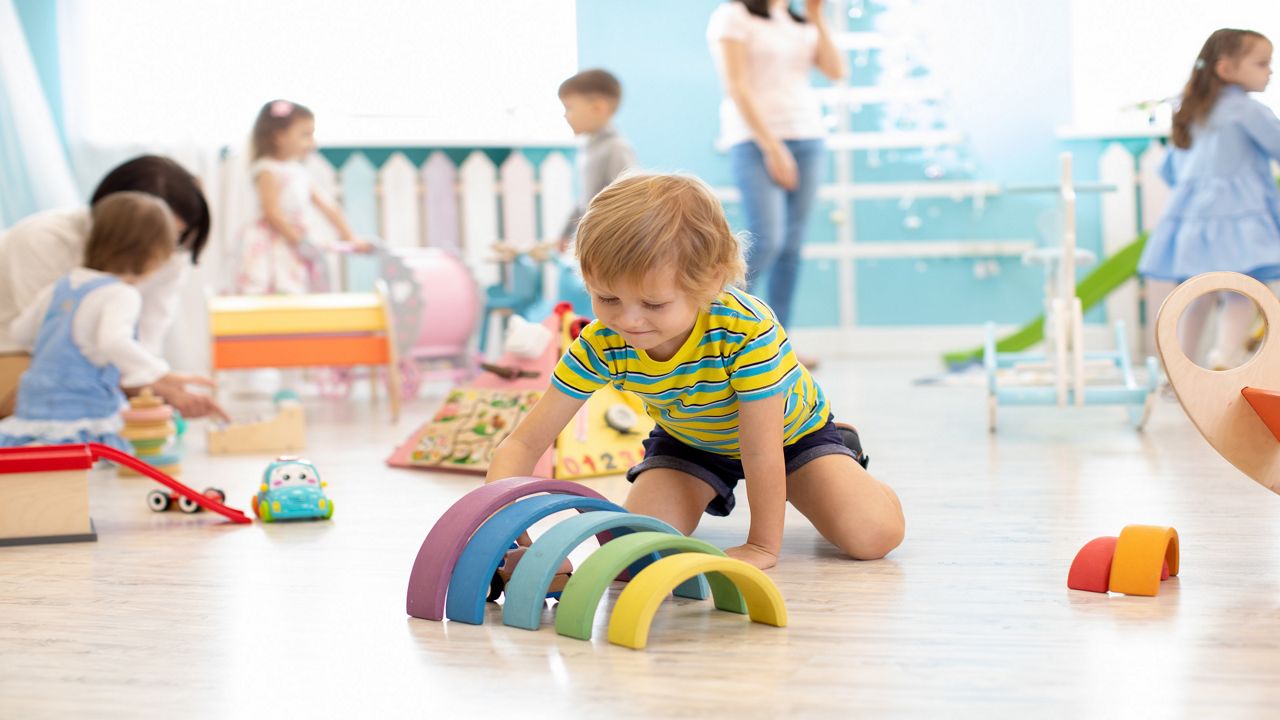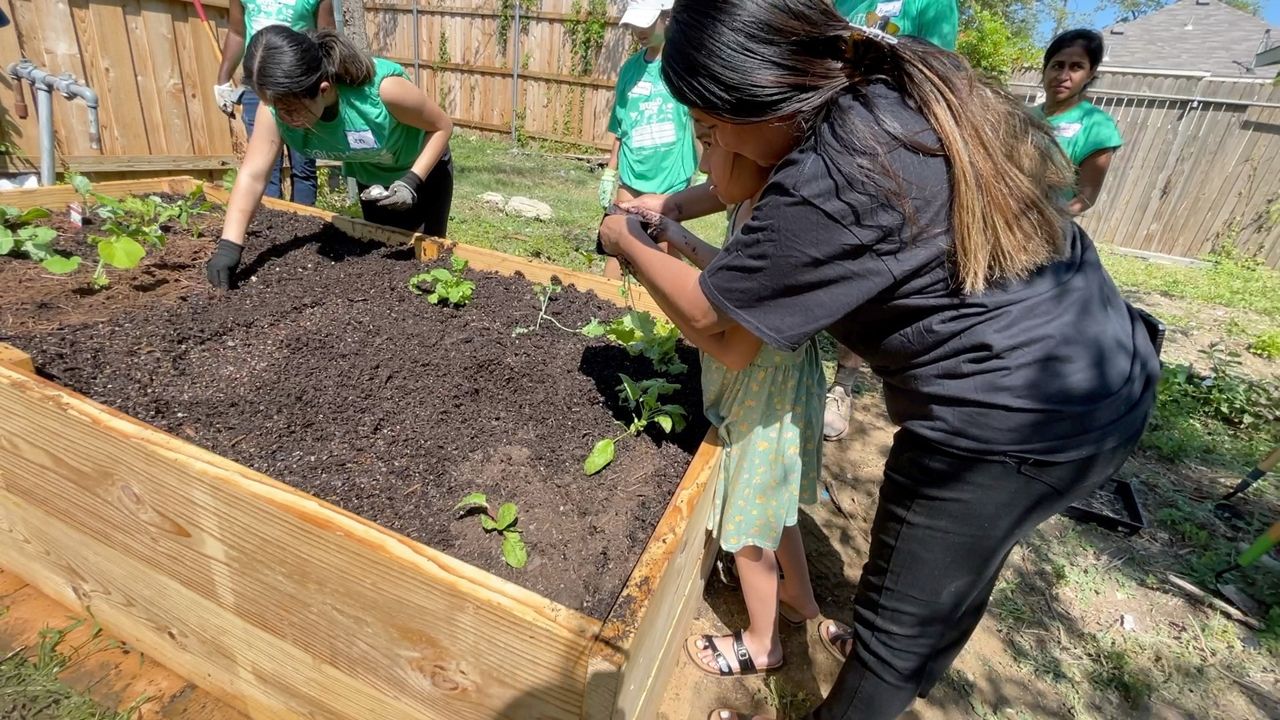CHEEKTOWAGA, N.Y. — What’s in a vape and what effects does it have on the body, especially students? In part one of this series, we took you inside a lab at Roswell Park Comprehensive Cancer Center where testing is underway. They’re using vapes confiscated from students.
In part two of this in-depth look, Spectrum News 1's Breanna Fuss went to one of the schools that's part of the study. They are taking a different approach with students who are caught vaping. The hope is that sharing the lesson plan at Cleveland Hill High School is that it will inspire other schools to take this educational approach when it comes to discipline and join this study at Roswell Park.
It’s your typical Friday at Cleveland Hill High School in Cheektowaga. The students have pen and paper in hand as they prepare for Regents exams.
“February of 2023, you know, we were trying to vape and we were suspending kids," said Assistant Principal Michael Lobuzzetta.
Lobuzzetta says that was the only tool in their toolbox. But then he realized something.
“There's not one student in this building that comes to school and is like, 'I can't wait to vape in school,' " he said.
And he remembered something else.
"I'm a teacher," Lobuzzetta said. "If a kid could not read, I would teach them to read."
The same went for teaching his ninth through 12th graders how to stay healthy.
“I got certified as an instructor from the American Lung Association on vape courses," Lobuzzetta said.
Now instead of suspension, students who are caught vaping take four after school classes.
“We mold the course, whatever the kid needs," Lobuzzetta said.
They have an adult they’re connected with write them a letter, plus they get a safety kit with their favorite things.
“Kids are going to vape, I know this," Lobuzzetta said. "I couldn't care less about the what. Why are you vaping? And then more importantly, how can I help you?
One of the lessons is called "I’m Breaking Up with My Vape." Part of that is a hands-on lesson to see what happens to the brain when vaping.
“Definitely a little bit shocking," biology teacher Meghan Loftus said about students' reaction. "And students have expressed that they didn't realize this was happening.”
The nicotine in vape products increases the dopamine in the brain. That makes a user feel happy. Addiction sets in and the user starts to feel irritable until they vape again. Loftus says with reactions she’s had so far, she hopes to implement this lesson into her curriculum.
“Hopefully this will help them make educated decisions for their future," she smiled.
Lobuzzetta gave 127 confiscated vapes to Roswell. By knowing what’s in these products, Lobuzzetta hopes it makes his students think twice about what they are putting in their bodies — and the impact on their lives.
“I kind of give the analogy of this," Lobuzzetta said. "It's like we're in a pitch dark room and we just shine a light on the light switch. They have to flip the switch.”
Lobuzetta got the results of the tests conducted on those 127 vapes.

It showed 79% contained nicotine, with each device containing the nicotine equivalent of three to eight packs of cigarettes. A total of 21% contained either THC or CBD. On average, those contained 476 milligrams of cannabinoids. The recommended amount for adult medical cannabis use is 40 milligrams as a daily maximum.









